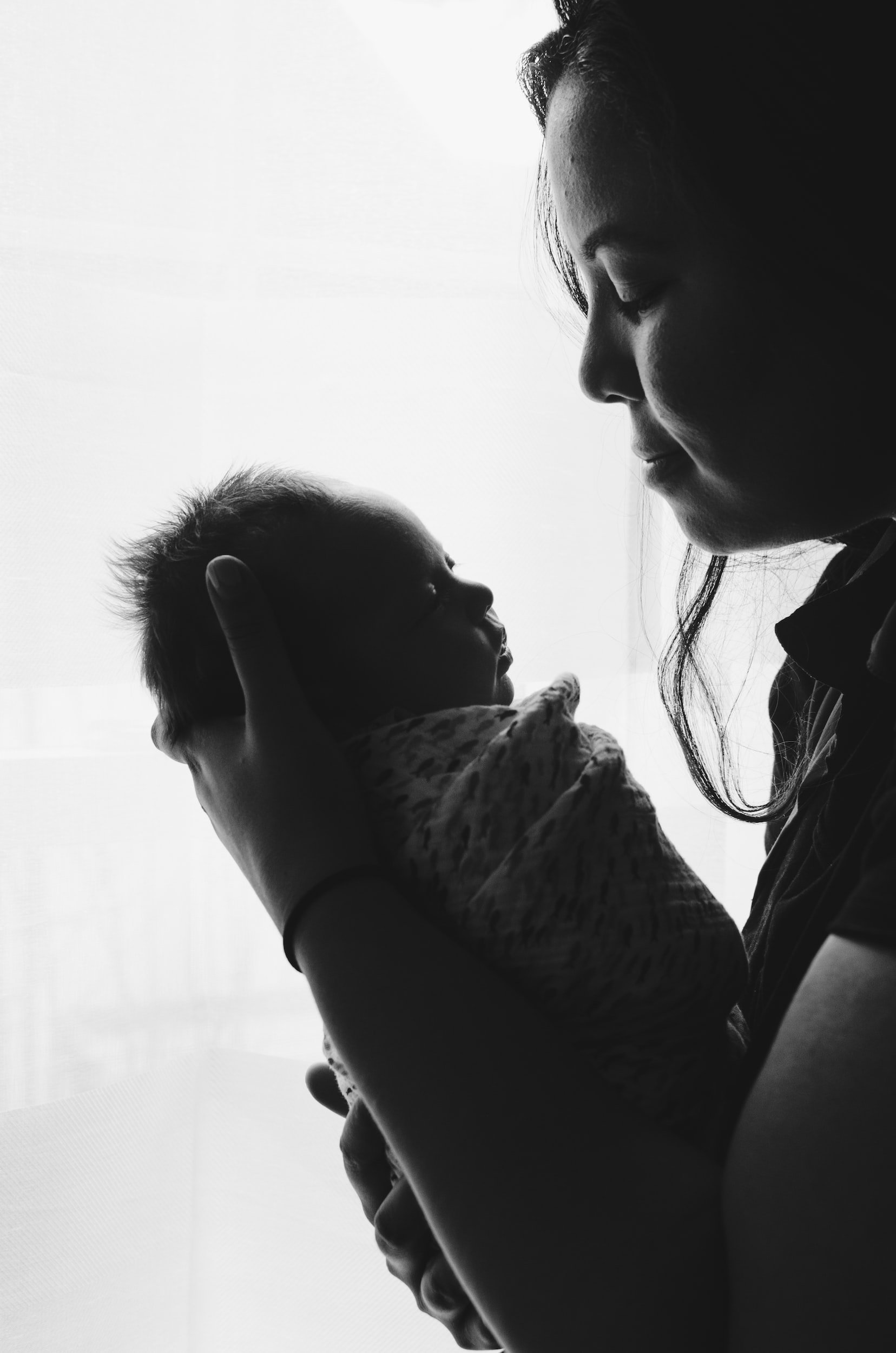PostPartum Depression, PostPartum Anxiety, and PostPartum OCD: How to Tell the Difference and Receive Treatment
Postpartum depression and anxiety affect women differently. Postpartum depression is a feeling of overwhelming sadness and a loss of interest in activities that were once enjoyable. It may also include feelings of guilt, worthlessness, and hopelessness – the culmination of so many months of preparation have instead left the woman feeling empty and disconnected from herself.
Additionally, women with postpartum depression may experience difficulty bonding with their baby, as well as feeling overwhelmed. Postpartum depression can also cause feelings of anger, irritability and restlessness that can interfere with a woman's ability to care for her child. It's important to note that postpartum depression is more than just the "baby blues."
Anxiety can show up in many different forms such as worrying excessively about your baby, feeling panicky or keyed up and having difficulty sleeping.
Anxiety can present as a sense that life will never be the same or worry about the future with one’s new child. Anxiety can also leave women with a sense of overwhelm that keeps them from leaving the home with their new child. Women with postpartum depression may have some of the same anxious thoughts and feelings related to parenting, but they usually come with a deep sense of sadness that is not associated with anxiety.
Postpartum OCD presents in a very different way and can also have a significant negative impact on new mothers, making the transition to motherhood more challenging.
Postpartum OCD symptoms can include intrusive thoughts, fears of harm coming to one's baby, and compulsions that involve repeatedly checking on the baby or trying to avoid circumstances that could cause harm. Postpartum OCD sufferers may feel that they will accidentally or intentionally hurt the baby, and thus sometimes miss out on bonding opportunities with the baby to choose perceived safeness over time together.
It is important for those affected by all three of these postpartum conditions to understand that they are all highly treatable and to seek professional help if needed.
Treatment options include cognitive-behavioral therapy, medications, and support groups which can all help individuals manage their symptoms and live a more fulfilling life with their new baby. Additionally, leaning on supportive family members and friends during this difficult time can be incredibly beneficial. It is essential that new mothers do not feel ashamed of their condition and know that they are not alone in experiencing postpartum symptoms.
To find out if OCD therapy could be a good fit for you, please contact Kairos Wellness Collective today.

